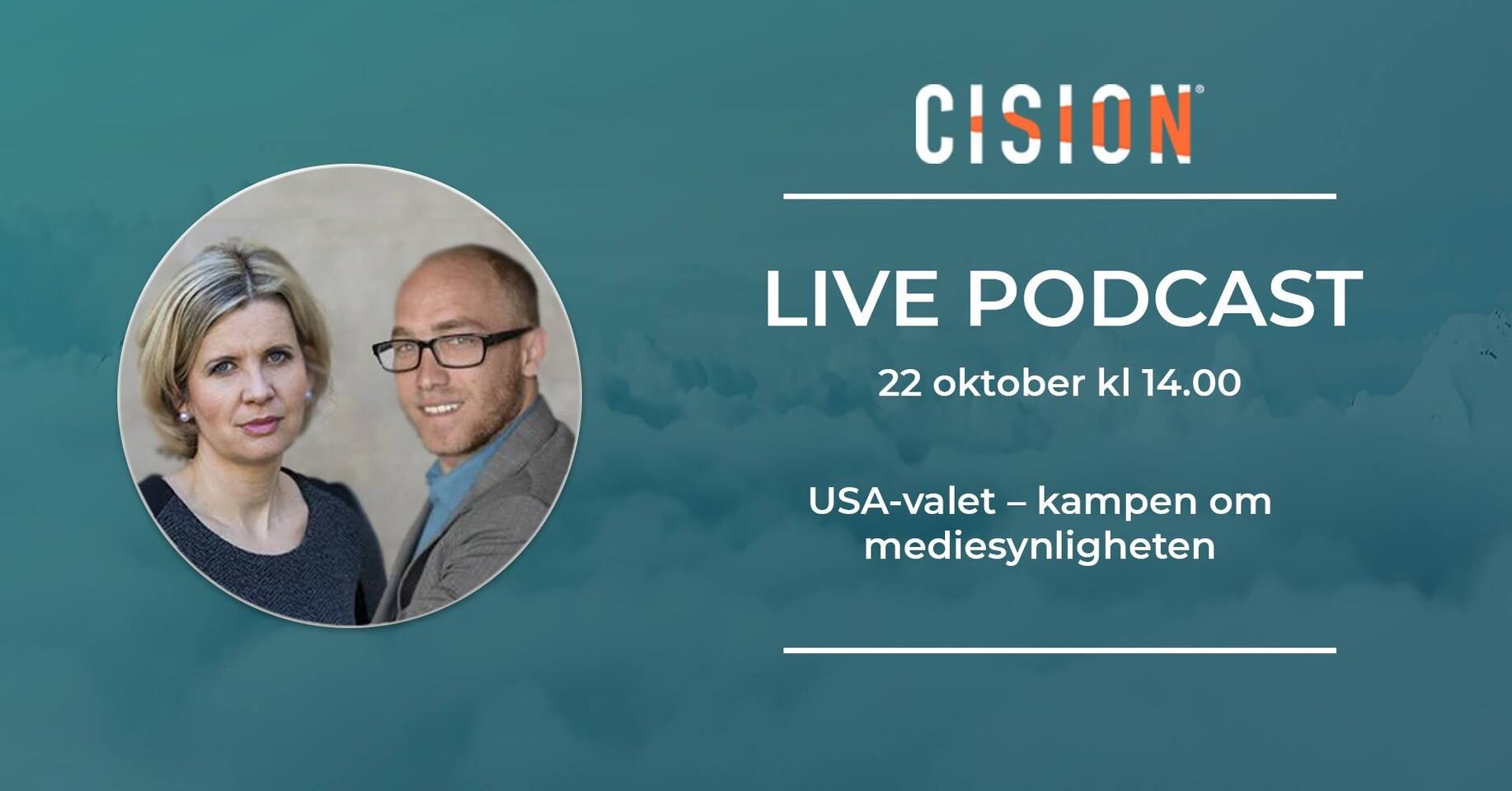Ian Higham is a consultant at Crimson Clarke and is currently pursuing a doctorate in political science at Stockholm University. This is the second article in the series Ian's Insights.
In the past week, the headlines have been dominated by competing narratives of the Catalonian independence movement. Madrid resorted to extreme measures by sending security forces to stop a referendum from taking place on 1 October. The Spanish government maintains that the vote is illegal; indeed, the Constitutional Court ruled that the vote could not take place. Catalan leadership believes that the use of security to suppress democracy evokes Franco-era repression.
Whether or not self-determination is a right, let alone one that can be exercised through a simple majority-rules referendum, there is reason to doubt the democratic legitimacy of this referendum in Catalonia. Surely democracy involves more than a vote: it should include transparency, accountability and reasoned debate.
The government in Madrid has threatened legal action against anyone who facilitates the referendum, such as headmasters keeping schools open for use as polling locations. While thousands of people showed up to vote[1], they are likely to be those strongly committed to the independence movement and unafraid of the legal consequences of political participation. Those loyal to Madrid are more likely to heed the national government’s message to stay home. The results will be inherently skewed toward secession.
The United Kingdom offers two prominent examples on referenda as a tool for deciding on secession: the Scottish vote in 2014 to remain in the United Kingdom, and the British vote to leave the European Union in 2016. We learned in both cases that publics may not be able to make informed decision as they lack sufficient information about a government’s post-referendum action plan. It was unclear as to what portion of government debt Scotland would have had to bear if it had voted to leave the United Kingdom and who would control what resources. It remains unclear what the UK will pay the EU in a so-called “divorce bill” and what the terms of a free trade agreement – if one emerges at all – would be.
Scotland is staunchly pro-EU, and the Brexit result has renewed and strengthened the Scottish independence movement.[2] But the decision to rejoin the EU, as we learned, would not have been Scotland’s. Spain flirted with the idea of blocking EU membership for an independent Scotland precisely because it wanted to deter Catalonia from declaring independence under the pretense of rejoining the EU.[3]
So what would happen to Catalonia? The Spanish state would almost certainly retain its membership in the EU, and the government or Spanish MEPs could potentially block Catalonia from joining the EU as retribution for secession: all current member states and the European Parliament must agree to admit any new member. Considering most Catalan exports are to EU countries – with a staggering 35.5% going solely to the rest of Spain[4] – it would be economically disastrous for the autonomous region to be fully independent without a guarantee of free trade. Spain would also suffer, as Catalonia is its economic powerhouse, representing about 19% of Spanish GDP.[5] Freedom of movement would also be affected: what would happen to the many Spaniards from other regions who have moved to Catalonia to find work? Or Catalans who have relocated to the capital, Madrid? Or the thousands of non-Spanish Europeans residing in the economic hub of Barcelona and retirement communities along the Catalan coast?
The EU has demonstrated little or no support for Catalan independence, mostly standing on the sidelines – just as it did when the Scots held their referendum. This needs to change. Brussels can facilitate the democratic process and ensure peace and prosperity by taking on a more active role in mediating separatist movements in member states. The EU could make clear rules on the means of asserting a right to self-determination, whether through providing guidelines for representative parliamentary procedures, mediating in bilateral negotiations, developing criteria for referenda, or some combination of the three. The Commission or ECB could provide information for voters, such as economic forecasts for hypothetical post-referendum scenarios. Brussels could also spell out the immediate consequences of secession, such as whether a transition period for leaving the EU would be permitted (i.e. after secession from the member state is complete) and whether special privileges will be granted for the newly independent state to rejoin the EU through fast-track procedures.
Naturally, Spain and – for as long as it remains in the EU, Britain – will be reluctant to allow policymakers in Brussels to write the playbook for secession. But a continent-wide rule that functions as a kind of prenuptial agreement for regions within member states would be in the best interest of everyone in the common market seeking stability and predictability. This will become more important as the EU expands to include historically fractious Balkan states and, maybe one day, Turkey, with its own violent struggle with Kurdish separatists. Clearer rules for secession in one region could also enhance the democratic process for European across the continent: to the extent that secession affects everyone in a common market, unilateral moves for self-determination are democratically problematic.
We live in unpredictable and fast-changing times, and Crimson Clarke can help you demonstrate thought leadership at the European level to ensure that your vision influences the direction of political change. Talk to us today about your strategy for engaging international stakeholders in Europe and beyond!
[1] https://www.nytimes.com/2017/10/01/world/europe/catalonia-independence-referendum.html?hp&action=click&pgtype=Homepage&clickSource=story-heading&module=second-column-region®ion=top-news&WT.nav=top-news
[2] http://www.telegraph.co.uk/news/2017/06/27/nicola-sturgeon-refuses-abandon-indy-ref-2-promises-new-timetable/
[3] https://www.theguardian.com/uk-news/2017/mar/16/would-spain-block-scottish-membership-of-eu
[4] https://www.cnbc.com/2017/09/21/heres-how-bad-economically-a-spain-catalonia-split-could-really-be.html
[5] https://www.cnbc.com/2017/09/21/heres-how-bad-economically-a-spain-catalonia-split-could-really-be.html








